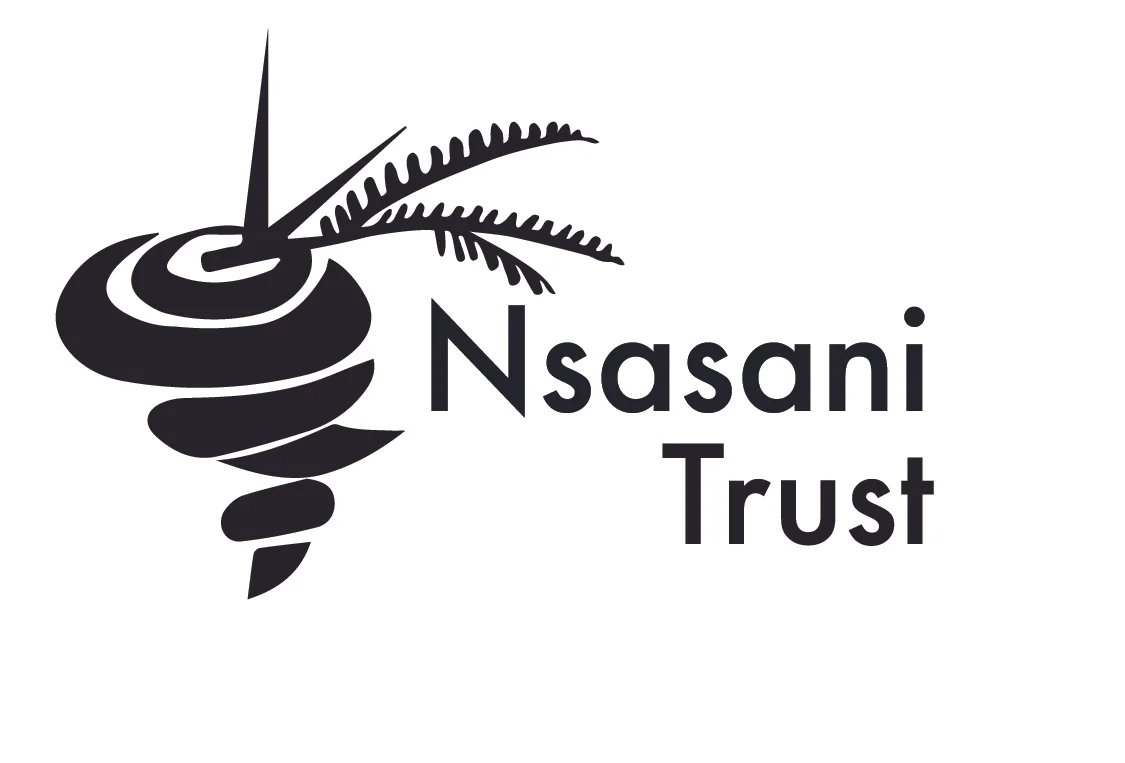The Organization for Tropical Studies
The Organization for Tropical Studies (OTS) is a non-profit consortium of nearly sixty universities, colleges and research institutions from around the world. IN the early 1960’s scientists from the U.S. Universities forged working relationships with colleagues at the Universidad de Costa Rica in the interest of strengthening education and research in tropical biology. Intense interest in both the U.S. and in Costa Rica, led to the founding of OTS in 1963. OTS was founded to provide leadership in education, research and the responsible use of natural resources in the tropics. To this end, OTS offers intensive field courses for undergraduates, graduate students and natural resource professionals in tropical biology and related disciplines in Costa Rica and South Africa.
The SSLI arose from the 10-year relationship between SANParks and OTS. During this period, with the active collaboration of SANParks, OTS has delivered 19 study-abroad semesters, principally in African Ecology and Conservation, but latterly also courses in Global Health (three) and in Research Experience for Undergraduates, a programme funded by the US National Science Foundation. In the process, 320 students from the USA and elsewhere in the Americas have benefited from the programme, and 70 from South Africa; all have gone on to higher degrees, or to rewarding jobs, or both. The relationship has also begun to spin off benefits through the development of SANParks staff members and local contractors as well as developing outreach initiatives.
OTS is excited to call the SSLI facility home. As the anchor tenant, funds generated through OTS’s use of the facility will be used to run some of the initiative’s core programming rendering the initiative financially sustainable. With it’s proven track record and excellence in designing and co-ordinating experiential learning opportunities OTS will continue to make its programs available to South African students and will work closely with the Nsasani Trust to provide further education and outreach opportunities.
OTS’s Core Courses include:
- Undergraduate African Ecology Semester – Kruger Course
- Undergraduate African Ecology Semester – Cape Course
- Global Health in South Africa Summer Course
To find out more about OTS click here
South African National Parks
South African National Parks (SANParks) manages a system of parks which represents the indigenous fauna, flora, landscapes and associated cultural heritage of the country.
Our Vision: A sustainable National Park System connecting society.
Our Mission: To develop, expand, manage and promote a system of sustainable national parks that represents biodiversity and heritage assets, through innovation and best practice for the just and equitable benefit of current and future generations.
The Conservation Services Division comprises a number of units including Scientific Services which conducts the bulk of SANParks' research and monitoring in the biophysical and social sciences across the parks. The knowledge generated by scientists and supporting staff within the division and in collaboration with external associates informs park management and promotes the conservation of biodiversity, landscapes and associated heritage assets across SANParks' network of protected areas.
Formal in-house scientific research in SANParks has its roots in Kruger National Park (KNP) where the first research station with staff was established in the 1950s. Amalgamation of the Skukuza- and Kimberley-based Scientific Services groups in 2006 resulted in the formation of the Savanna & Arid Research Unit within Scientific Services. Today the Savanna and Arid Research Unit is responsible for managing research and monitoring across several national parks, namely Addo Elephant, Golden Gate Highlands, Mapungubwe, Marakele, Kruger, Kalahari Gemsbok, Richtersveld, Augrabies Falls, Mokala, Mountain Zebra, Karoo and Camdeboo NPs. Studying the complexities of these socio-ecological systems and providing science-based advice to park managers; managing the interface between park management and scientists; and advising on reducing the impact of the constantly changing socio-ecological environment, are the core functions of this unit. These issues are addressed by the different programmes such as Systems Ecology, Knowledge Support, Park Interface and Restoration Ecology. Our staff complement includes 14 scientists and science managers, three regional ecologists, 14 specialist technicians, biotechnicians and research facilitation managers, three administrative and 21 general support personnel (game guards, hut attendants, supervisors and general workers).
Achieving SANParks’ research mandate relies on:
- science and park management informing one another, and
- collaboration with scientists, academics and research students from universities and research institutions in South Africa and abroad.
Through the close partnerships between park management, in-house research and academic science, SANParks’ knowledge production is anchored in solving relevant problems and is exposed to new ideas and rigorous review. At any time there are > 350 registered research projects active across our parks. SANParks thus facilitates significant capacity development within South Africa and draws substantial international research expertise and funds into the country.
To find out more about SANParks Scientific Services click here.


